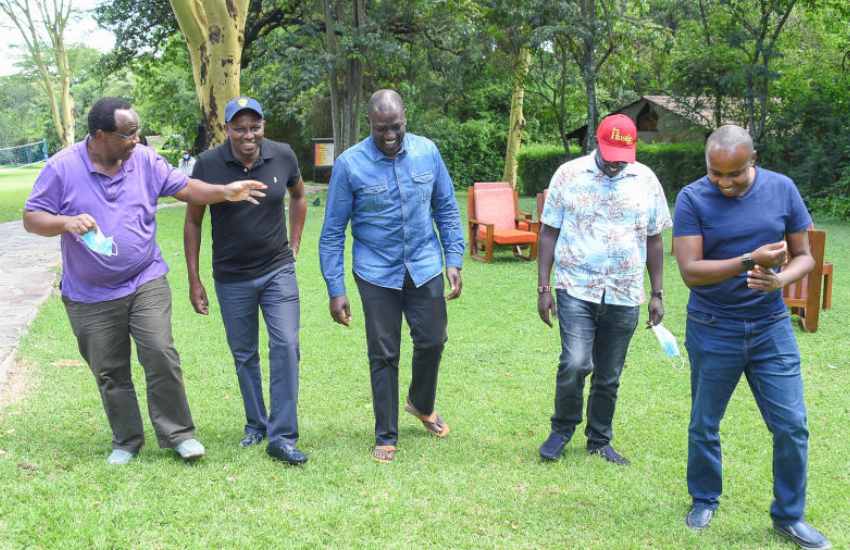
Deputy President William Ruto signalled a major departure from President Uhuru Kenyatta’s economic model when he rolled out one that seeks to steer away from the nine years of Jubilee government economic decisions.
Keen to tap into the poor, rural folk and the unemployed, Dr Ruto said he would lead a conversation that would culminate in a national economic charter that embodies aspirations of Kenyans at the grassroots. His bottom-up approach, however, drew reactions from politicians and economists who spoke to The Standard, with some chiding him for not implementing it now that he is in government.